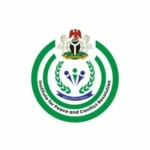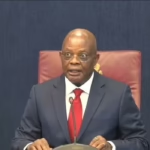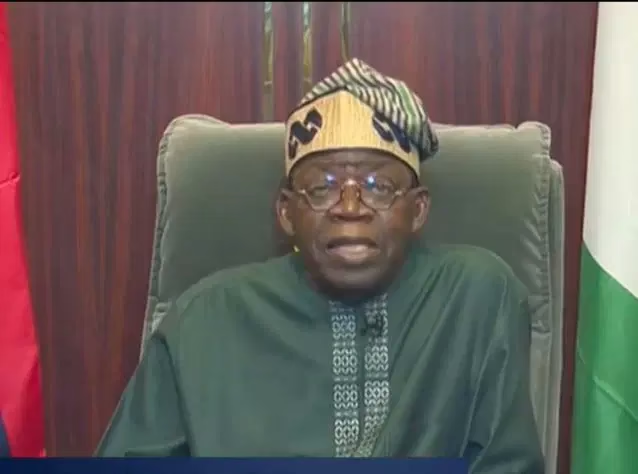The National Solidarity Movement (TNSM) has voiced apprehension regarding the potential negative impact of certain labour unions‘ actions amid the ongoing conflict between the Petroleum Tanker Drivers (PTD) and the Dangote Group, cautioning that such disputes could derail President Bola Ahmed Tinubu’s economic reform initiatives.
TNSM highlighted that the unions’ threat to initiate a nationwide strike poses a significant risk to the country’s economic stability and could inflict hardship on millions of Nigerian citizens.
During a press conference held in Abuja yesterday, TNSM’s President, Mohammed Sani Akwashiki, alongside National Secretary Solomon Ikegwuru, emphasized that the disagreement surrounding the management of Dangote’s trucking fleet carries broader consequences for employment opportunities and the overall economic health of Nigeria.
The group pointed out that Dangote’s recent acquisition of 10,000 trucks aims to enhance the distribution network for vital commodities across the nation, a strategy projected to generate approximately 20,000 driving jobs and support numerous families.
“This strategic investment has the potential to significantly improve nationwide logistics and create essential employment. Nevertheless, unresolved disputes over driver working conditions could stall this progress if not addressed promptly,” Akwashiki remarked.
TNSM called on all involved parties to pursue constructive dialogue to prevent further escalation, warning that a countrywide strike would exacerbate economic pressures and adversely affect everyday Nigerians.
“We urge labour leaders to weigh the broader consequences of their decisions and collaborate with relevant stakeholders to reach an amicable solution,” Ikegwuru added.
The movement praised the Federal Ministry of Finance, Ministry of Labour, the Office of the National Security Adviser, and security agencies for their active mediation efforts in the conflict.
Additionally, TNSM appealed to the Downstream Petroleum Regulatory Authority to enhance its regulatory oversight to avert similar disputes in the future.
Addressing wider economic concerns, TNSM acknowledged the Tinubu administration’s ongoing efforts to stabilise the economy, including managing Nigeria’s foreign debt commitments to international creditors and partners.
The group also recognized challenges faced by previous infrastructure projects, particularly in the railway sector, citing issues such as equipment failures and derailments, and urged the government to focus on rigorous quality assurance and maintenance.
“We are beginning to see positive outcomes from these reforms, including a more stable currency exchange rate. It is crucial for all stakeholders to support and allow these economic reforms to take root,” Akwashiki stated.
Reaffirming its dedication to fostering economic development, the Tinubu National Solidarity Movement encouraged cooperation among labour unions, businesses, and government bodies to advance the nation’s collective interests.

















